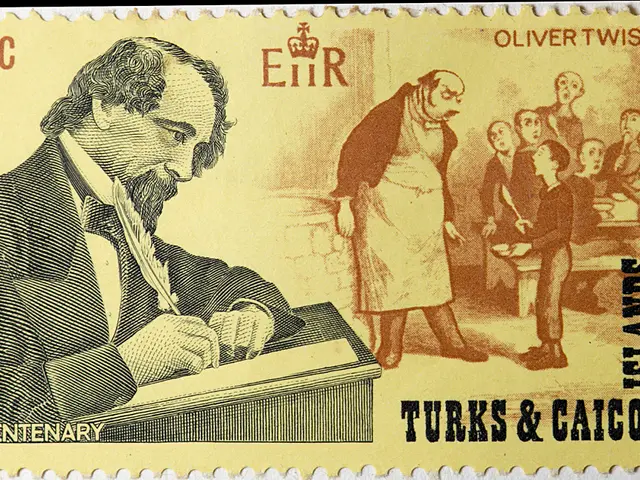Analysis of Hierarchical Clustering and K-means Clustering Methods in Voter Demographic Segmentation
In the realm of political data analytics, K-means clustering has emerged as a powerful tool for understanding voter behaviour. This machine learning technique groups voters based on shared characteristics or behaviours, without the need for pre-labeled data.
K-means clustering is particularly valuable for voter data analytics. By partitioning voters into distinct groups based on similarity, it helps in identifying hidden voter segments, personalising messaging, and optimising resource allocation for more effective outreach.
The fast and scalable nature of K-means clustering makes it ideal for large datasets. For instance, an array of 10 voters was studied using K-means clustering, resulting in the identification of four distinct groups of voters.
These groups can provide valuable insights into voter behaviour, which can be beneficial for political campaigns. Clustering can also dynamically adapt strategies during the campaign lifecycle, helping parties use resources more effectively by focusing on high-potential or strategic voter clusters.
Moreover, K-means clustering can be used to group voters by actions such as donation frequency, event attendance, or content interaction, improving engagement.
Another application of K-means clustering is in identifying swing voters. Clusters that show mixed behavioural or attitudinal traits can help identify persuadable or undecided voter groups.
Geospatial clustering can help identify geographic voter concentrations, enabling hyper-local canvassing, regional messaging, and event planning. This localised approach can significantly enhance the impact of campaigns.
Psychographic clustering takes this a step further by grouping voters based on values, personality traits, and lifestyle. This provides deeper insight into motivations beyond basic demographics, offering a more nuanced understanding of voter behaviour.
It's important to note that when used transparently and responsibly with respect for privacy, clustering is a legitimate data science tool in democratic engagement. It can help parties use resources more effectively, ultimately leading to a more informed electorate and a more efficient democratic process.
In conclusion, K-means clustering offers a powerful means of understanding voter behaviour and optimising political strategies. From identifying hidden voter segments to personalising messaging and optimising resource allocation, this machine learning technique is set to revolutionise the way political campaigns are run.
Read also:
- Changes in manufacturing and consumer habits driven by cosmetic certification processes
- Expanding Bio-based Polypropylene Market to Showcase a Compound Annual Growth Rate (CAGR) of 26.5% till 2034
- victory for Central Java communities in landmark lawsuit against textile conglomerate over pollution issues
- Weekly Proceedings in the German Parliament (Bundestag)








